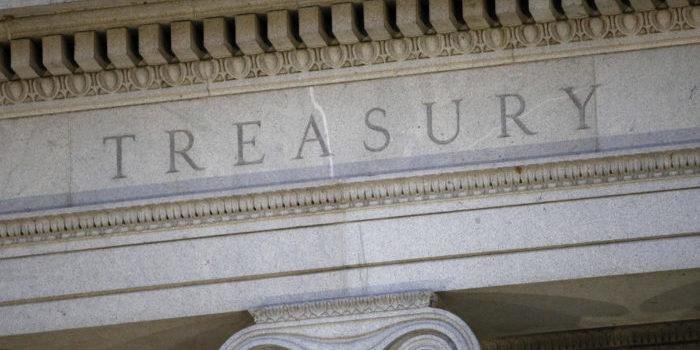(Ken Silva, Headline USA) A federal judge in Texas has put a preliminary injunction against the U.S. government enforcing of the Corporate Transparency Act, which would require the country’s estimated 32.6 million active companies to submit their private ownership information to a central database ran by the Treasury Department.
The U.S. government and liberal activists have argued for decades that a central beneficial ownership registry is required to curtail money laundering. Critics have pointed out how the central registry would pose privacy risks and impose another layer of regulation on private businesses. Moreover, criminals wouldn’t voluntarily submit their personal information for such a registry.
In his ruling, U.S. District Judge Amos Louis Mazzant agreed with the critics, saying in his judgment that the new law is an “unprecedented” attempt by the federal government to grab power traditionally held by states.
“Sanctioning the CTA under the Commerce Clause would be to rubber-stamp a ‘new form of federal power.’ But that power threatens the very fabric our system of Federalism,” Judge Mazzant said, explaining, “Because the CTA does not regulate a pre-existing activity, but instead compels a new one, the CTA exceeds Congress’s commerce power.”
He further noted that the cost of compliance with the law is estimated to be some $22.7 billion the first year and $5.6 billion per year thereafter. The judge rejected the U.S. government’s argument that the companies suing wouldn’t suffer economic consequences from the law.
“The compliance costs Plaintiff alleges are unrecoverable and more than de minimis,” the judge said. “Thus, Plaintiffs have met their burden to show that, absent injunctive relief, they will suffer irreparable harm.”
Judge Mazzant’s preliminary injunction means that companies don’t have to register with the Treasury Department or pay fees as the court continues to consider whether the Corporate Transparency Act also violates the First and Fourth Amendments.
Forbes predicated there’s still a long legal battle ahead.
“The nationwide injunction marks only the beginning of what is likely to be a protracted legal battle. The decision will almost certainly be appealed, and its outcome could shape the future of federal regulatory authority,” the financial publication wrote Wednesday.
“Additionally, a potential new administration may take steps to limit the CTA administratively, adding another layer of uncertainty for businesses. For now, the ruling serves as a reminder of the judiciary’s role in checking federal overreach, even when well intentioned policies are at stake.”
There are six plaintiffs suing over the law, including two that don’t do business outside their respective states. Another plaintiff was the Libertarian Party of Mississippi, which is a non-profit political entity, but would have still had to register under the Corporate Transparency Act.
Roughly 5 million new companies are formed in the U.S. each year.
Ken Silva is a staff writer at Headline USA. Follow him at x.com/jd_cashless.

